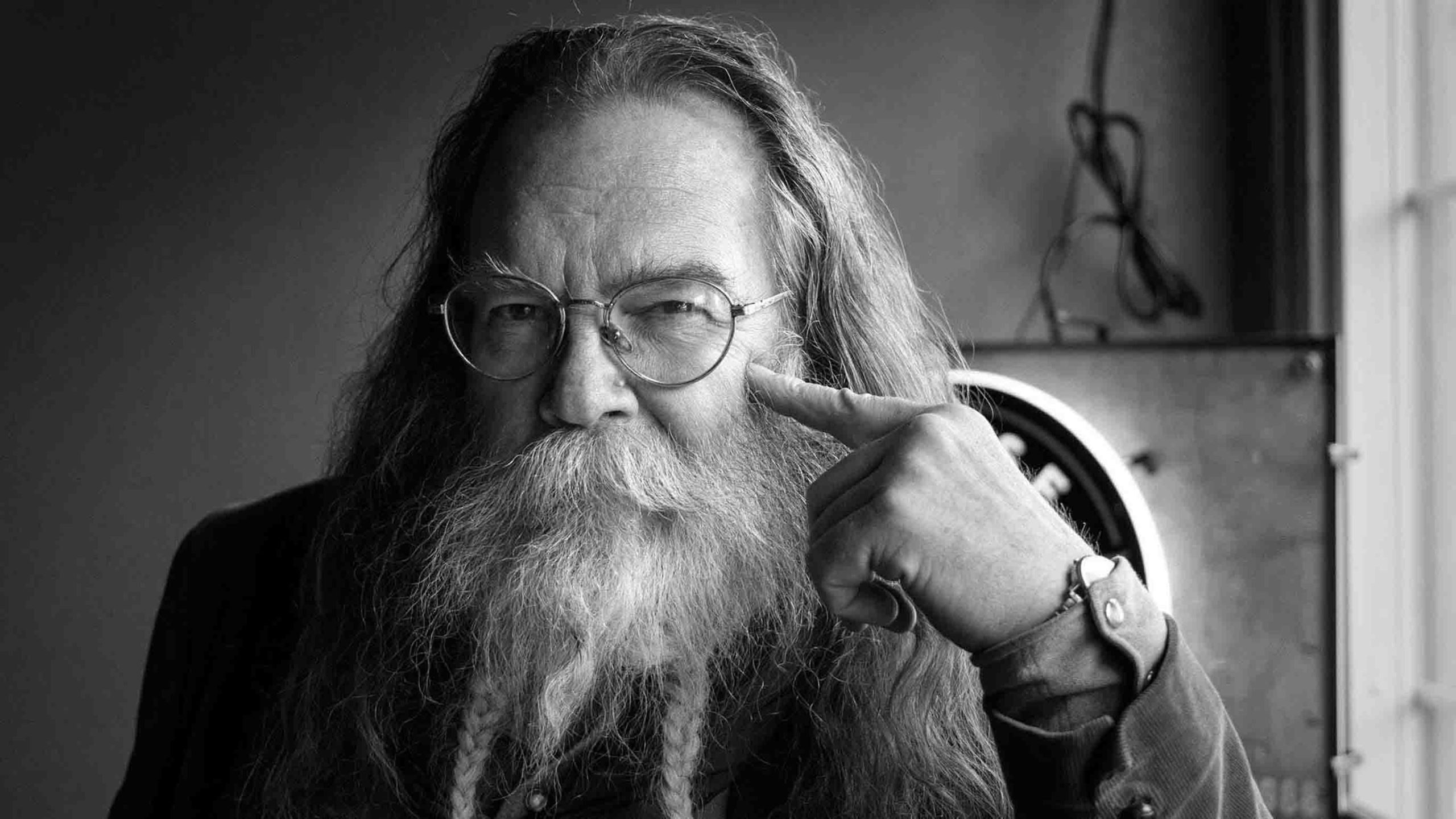I grew up around some pretty salty, down-to-earth cowboys out there in the Big Empty, men who could turn a phrase with the aplomb of any sailor on shore leave.
While I was still an impressionable kid just growing into the English language, these crusty ol’ broncpeelers took it upon themselves to further my linguistic education.
At five or six years old, I’d hang around them in the dark, cool old barn while we got our horses ready for our work that day.
When Dad was out of earshot, one or another of my rustic tutors would whisper, “Rod, go ask your Mom what “%@$&#@” means.”
I’d trot up to the house proud of my new word and repeat it to Mom while she washed dishes. I did this so often, you might conclude that I loved the taste of Lava soap.
But I kept doing it because I loved learning new words.
I still do. But I’m too big and grumpy for anyone to wash my mouth out with Lava anymore.
So I use a vocabulary in my public discourse that is sometimes crude, scatological, colorful and blunt. And this sometimes offends people with more delicate semantic sensibilities.
)&%@ ‘em.
The men I learned my best words from came by them honestly and at some personal risk.
For instance, Fred Wise, one of Dad’s most trusted hands, was walking from the barn to the bunkhouse one afternoon when one of his ex-wives pulled into the yard in a taxi.
Her name was Butcherknife Lil, and she had paid a taxi to drive her forty miles into the back corner of nowhere just so she could have a word with Fred.
Butcherknife emerged from the taxi with a Winchester and opened up on Fred as he ran to the house.
Fred’s terms of endearment for his erstwhile main squeeze, breathlessly shouted in her direction as he ran for his life, remain with me to this day, even though I’ve never used them in the same context.
Donald Clay Matthews worked at the ID for only a few months. But he taught Mark and I how to throw knives and make ‘em stick. Naturally, we idolized him.
Three or four sheriff’s cars showed up at the ranch one day, while our idol was in the outhouse. They surrounded the two-holer with guns drawn, and informed Matthews that he was under arrest for forgery or something, and to come out with his hands up and nobody would get hurt.
I remember him doing as ordered with his britches still unbuckled. His blistering soliloquy to the deputies as they cuffed him was worthy of a knife-fighting Shakespeare, and I learned some new words and phrases that glorious day.
I’ve made use of them often in the intervening years, but again not in the same context.
A lot of these expressions originated from Olde English, heavily influenced by Anglo-Saxon and Norman etymology. Guttural, fierce and cutting as a Viking axe. Words like “^&#)!” and “+^^*$#”.
They’ll get your mouth washed out with soap, but sometimes there’s no other way to get the point across.
Other gems in my lexicon derive from Vulgate or Latin. These are shrill words, sharp as a Roman gladius. Words like $**@#% and “bleeping” are best utilized as modifiers and serve to amplify the point.
Put it all together and deliver it with dry, laconic voice of a cowboy in Wyoming, and you have a glossary that will stand on its hind legs to any debate. Try it yourself!
Go ask a powerful figure in your life what “*@%^&#” means.
If they they threaten to wash your mouth out with soap, plead the First Amendment.
And if they can’t deal with that, then *$%.< ‘em.
Rod Miller can be reached at: rodsmillerwyo@yahoo.com





